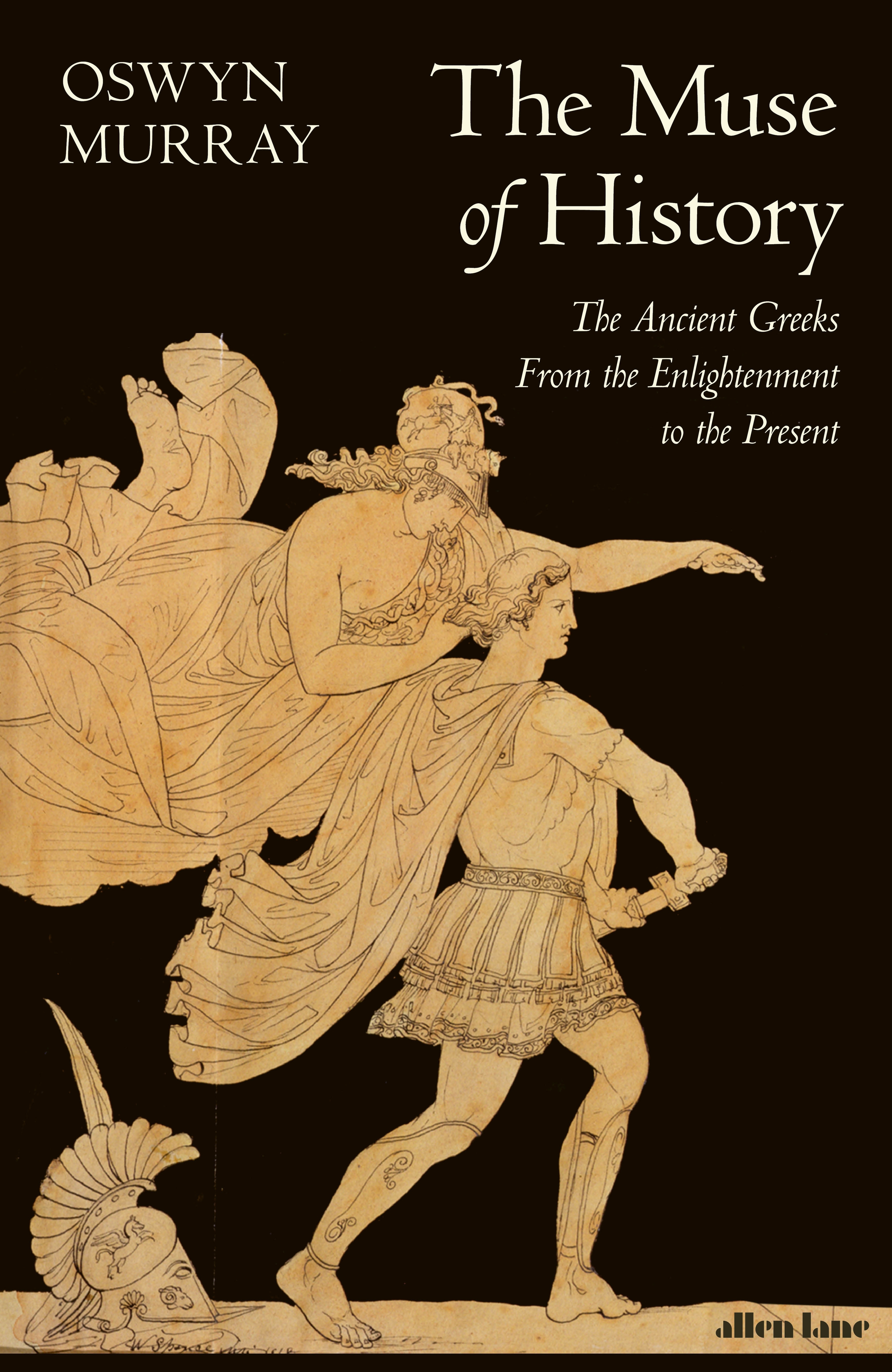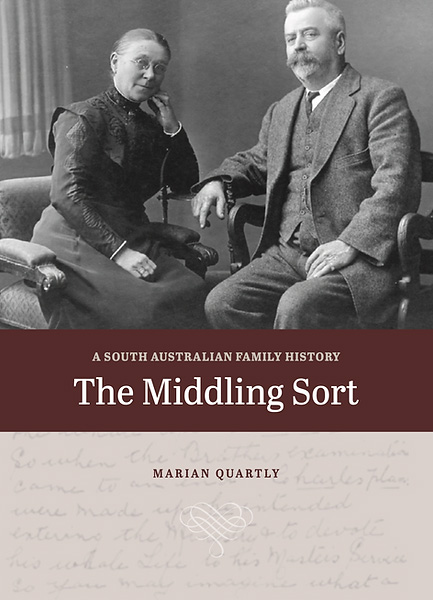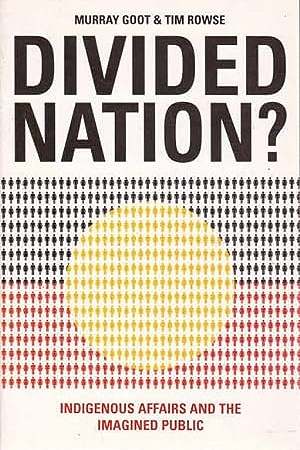The Muse of History: The Ancient Greeks from the Enlightenment to the present
Allen Lane, $65 hb, 528 pp
ABR receives a commission on items purchased through this link. All ABR reviews are fully independent.
Athens or Sparta?
Oswyn Murray’s book The Muse of History is subtitled ‘The Ancient Greeks from the Enlightenment to the present’, but this period of some three centuries represents virtually the whole of the modern historiography of Greece. The primary reason for this is one that is easily forgotten today: from the medieval to the early modern period, Greek civilisation, with its literature and art, was mainly understood from a Roman perspective. Even the gods were known by their adopted Latin names, and in an age when everyone who went to school could read and write Latin, a relatively small number were ever fluent in Greek.
The canon of Greek literature had been printed in the original very early, from the late fifteenth century onwards, and the most popular works were translated into Latin or indeed accompanied by Latin parallel texts; but far fewer were rendered into the vernacular tongues. Homer was translated into English by George Chapman from 1598, and may have been read by Shakespeare; he certainly knew the English version of Plutarch’s Lives, translated by Thomas North (from 1580) from the French of Jacques Amyot (1559-65). Thucydides was translated by Thomas Hobbes in 1628. Surprisingly, the great Greek tragedians were barely available in English at all until Robert Potter’s editions from 1777.
Continue reading for only $10 per month. Subscribe and gain full access to Australian Book Review. Already a subscriber? Sign in. If you need assistance, feel free to contact us.
The Muse of History: The Ancient Greeks from the Enlightenment to the present
by Oswyn Murray
Allen Lane, $65 hb, 528 pp
ABR receives a commission on items purchased through this link. All ABR reviews are fully independent.











Leave a comment
If you are an ABR subscriber, you will need to sign in to post a comment.
If you have forgotten your sign in details, or if you receive an error message when trying to submit your comment, please email your comment (and the name of the article to which it relates) to ABR Comments. We will review your comment and, subject to approval, we will post it under your name.
Please note that all comments must be approved by ABR and comply with our Terms & Conditions.